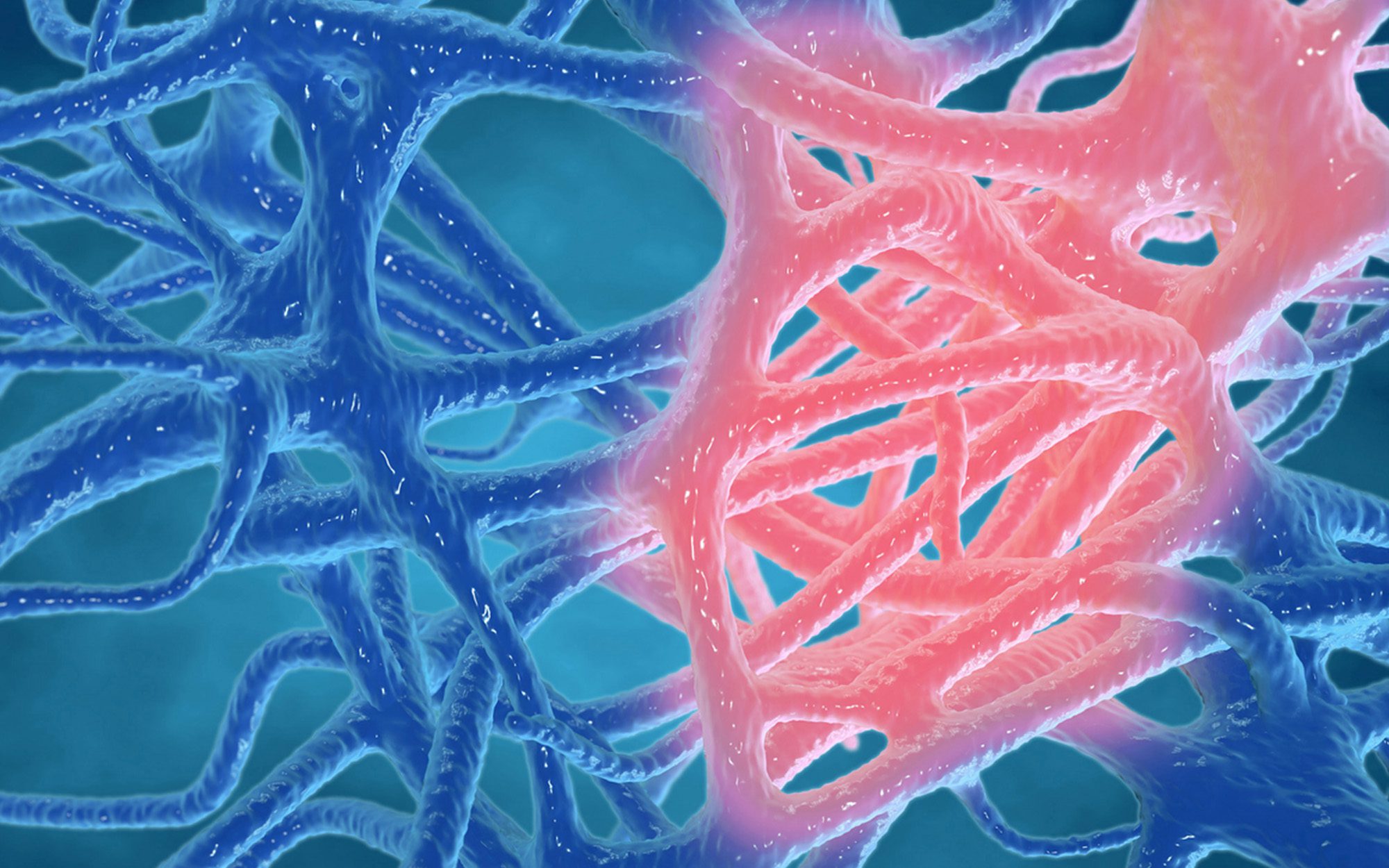

Inflammation is the body’s natural immune response to protect itself from injury, infection or harmful stimuli. When the body detects a threat, the immune system initiates an inflammatory response. Inflammation is crucial for eliminating potentially harmful agents and promoting healing, however, excessive or ongoing inflammation can result in significant damage. In fact, inflammation plays a central role in the development of many diseases and chronic conditions.
There are many diseases known for chronic inflammation such as arthritis, inflammatory bowel disease and multiple sclerosis. However, according to the Centenary UTS Centre for Inflammation, inflammation is increasingly being found to play crucial roles in the development of many major diseases, including Alzheimer’s, heart disease, cancer, respiratory diseases, diabetes, tuberculosis and COVID-19.

The Endocannabinoid System plays a crucial role in modulating inflammation and maintaining immune homeostasis. When inflammation occurs, endocannabinoids are produced and bind to cannabinoid receptors, primarily CB2 receptors, on immune cells. This interaction can have anti-inflammatory effects by suppressing the release of pro-inflammatory molecules and reducing immune cell activation.
The ECS can also indirectly influence inflammation by interacting with other systems in the body. For example, endocannabinoids can affect the release of neurotransmitters like dopamine and serotonin, which can modulate pain perception and mood, ultimately impacting the inflammatory response.
Cannabinoids such as delta-9-tetrahydrocannabinol (THC) and cannabidiol (CBD), can also interact with cannabinoid receptors and modulate inflammation. However, the use of cannabinoids for inflammation is an area of ongoing research, and more studies are needed to fully understand their therapeutic potential and optimal usage.
Further understanding the functioning of the ECS may provide insights into developing new therapeutic approaches for inflammatory conditions and related diseases.
Find out more by Booking an appointment with a GP.
DISCLAIMER: The Ananda Clinics blog is here to provide education and information, without implying medical advice, or recommendation for the use of cannabis as medicine or adult use purposes.
Medical cannabis remains strictly regulated by the Australian TGA as it is not a registered therapeutic agent due to the lack of research and evidence in support of its efficacy or potential side effects.
If you think medical cannabis may be right for you, book an appointment with one of our doctors to find out more.
